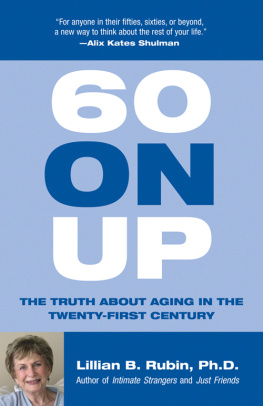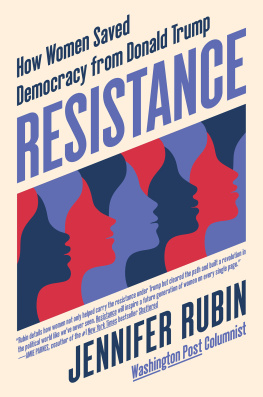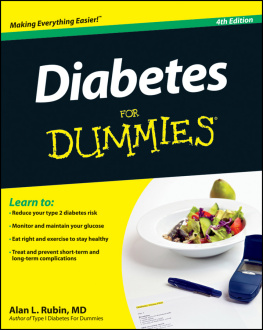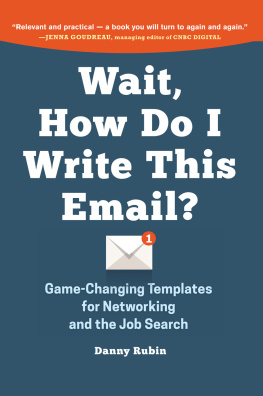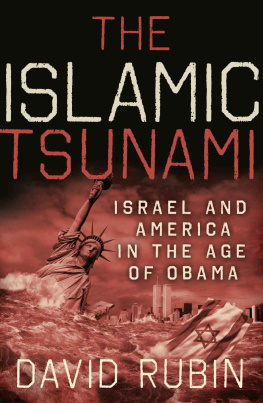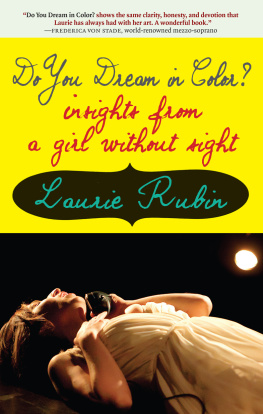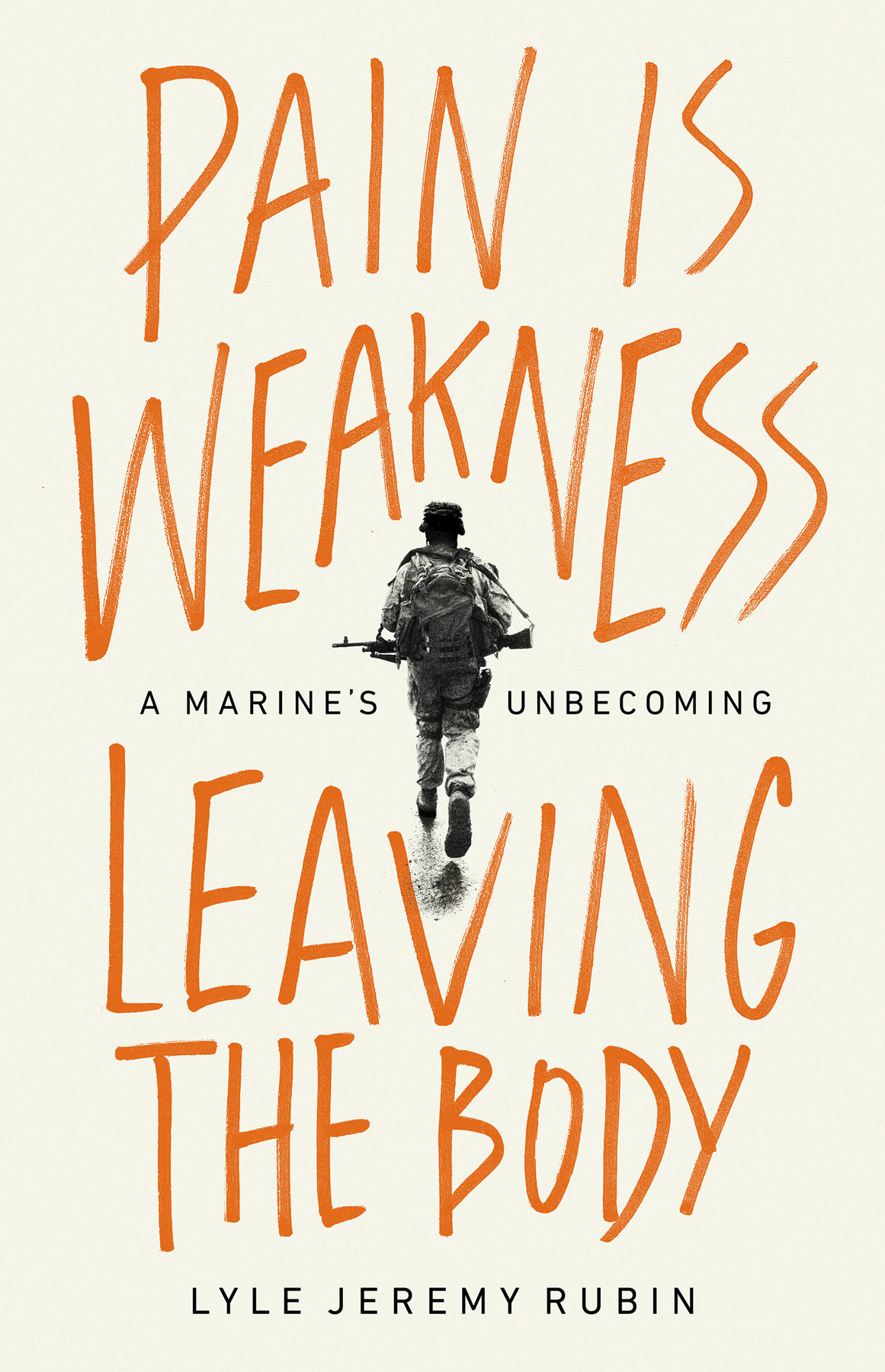Praise for
PAIN IS WEAKNESS LEAVING THE BODY
This is not your ordinary military memoir. It is not often that one experiences a truly original mind, a way of thinking combined with literary skill and grounded in hard learned humility, but that is Lyle Jeremy Rubin on his path from acting as an instrument of empire to deconstructing it and understanding the true meaning of freedom, community, and ethics. Never has a takedown of militarism, capitalism, and empire been more powerful and persuasive.
Roxanne Dunbar-Ortiz, author of An Indigenous Peoples History of the United States
An instant classic of antiwar literature, Rubins stunning coming-of-age story as a US Marine is an absorbing look at how imperial masculinity is made through personal experience and psychic transformation. But the book doubles as a political reflection on how to achieve a critical perspective on our times in a forgetful country. This is a must-readespecially for Americans who rely on the service of others without owning the damaging results.
Samuel Moyn, author of Humane
Few people have traced the connections between masculinity, American empire, and the ailments of our republic with as much unflinching grace as Rubin. Give this book to the angry young men in your life.
Matthieu Aikins, Pulitzer Prizewinning journalist and author of The Naked Dont Fear the Water
Both a gut-wrenching portrait of the psychic, physical, sexual, and structural violence of American imperialism and a powerful conversion story of transformation from enthusiastic foot soldier to incisive internal critic of American empire. In a moment calling for reckoning with the ravages of Americas wars at home and abroad, this is a worthwhile read.Adom Getachew, author of Worldmaking after Empire
This is no equivocal or evasive military memoir, content to agonize over wars dehumanization but unwilling to name the exploitative, extractive, and racist forces that drive it. Rubins experiences compel him to see his enemy as the socioeconomic system that rots America out and drives it to dominate the world.
Spencer Ackerman, Pulitzer Prizewinning journalist and author of Reign of Terror
Whats a nice neocon kid and AIPAC intern doing in a place like the US Marine Corps? Having his worldview shattered and coming to see American life in a new way, as it turns out. Rubins memoir is more about his changing perception than his combat experience. Original, thoughtful, sometimes raw, and often provocative.
Stephen Kinzer, author of Poisoner in Chief
In recounting his own personal path into and out of the military, Rubin beautifully intertwines memoir, political analysis, and sweeping history. In the process, he offers a powerful articulation of the cycles of violence and discontent generated time and again, both at home and abroad, by the US security state. The result is essential reading for all concerned Americans.
Aziz Rana, author of Two Faces of American Freedom
Rubin has written much more than a riveting war story, which brings him from boot camp to Afghanistans Helmand Province to kill or be killed. Pain is Weakness Leaving the Body is a distressing, humane, searching story of coming of age in 21st-century Americaof joining the ranks of the angry privileged, of seeking to dominate but, in time, learning to listen. Engrossing to the last word.
Stephen Wertheim, author of Tomorrow the World: The Birth of U.S. Global Supremacy
Weakness might or might not leave the body, but wisdom and empathy flow in upon reading Rubins gripping account of his time as a post9/11 soldier. Rubins book is an intellectual and moral challenge, a war memoir that forces the reader to wrestle as much with ideas as with battle stories. Rubins beautiful, Hemingway-esque clipped cadence is perfect for trying to make sense of our baroque, wounded world.
Greg Grandin, Pulitzer Prizewinning author of The End of the Myth
Like Orwell in Shooting an Elephant, Rubin is disgusted by the work he did for a colonizing empire, and yet he remains fascinated by the thinking that brought him there. In shape-shifting prose both narrative and philosophical, Rubin shows the deep connections between masculinity and militarism as they play out in his own life and the larger world in which the American empire operates. This a book full of pain, weakness, and bodies, but it is wise enough to know that only the bodies are ever really gone.
Baynard Woods, author of Inheritance
Copyright 2022 by Lyle Jeremy Rubin
Cover design by Pete Garceau
Cover photograph John Moore/Getty Images
Cover copyright 2022 Hachette Book Group, Inc.
Hachette Book Group supports the right to free expression and the value of copyright. The purpose of copyright is to encourage writers and artists to produce the creative works that enrich our culture.
The scanning, uploading, and distribution of this book without permission is a theft of the authors intellectual property. If you would like permission to use material from the book (other than for review purposes), please contact permissions@hbgusa.com. Thank you for your support of the authors rights.
Bold Type Books
30 Irving Place, 10th Floor New York, NY 10003
www.boldtypebooks.org
@BoldTypeBooks
First Edition: November 2022
Select portions of this book have been adapted from Afghanistan Diary in CONSEQUENCE (Spring 2012), Modern Warfares Secrets in Dissent (June 6, 2019), Base Culture in n+1 (Winter 2019), The Long Arm of the Law in The Baffler (January 27, 2020), The Man Who Knew Too Much in Raritan (Summer 2020), and Intersections of Race, Racism and War in The Routledge Encyclopedia of Race and Racism (forthcoming).
Published by Bold Type Books, an imprint of Perseus Books, LLC, a subsidiary of Hachette Book Group, Inc. Bold Type Books is a co-publishing venture of the Type Media Center and Perseus Books.
The Hachette Speakers Bureau provides a wide range of authors for speaking events. To find out more, go to www.hachettespeakersbureau.com or call (866) 376-6591.
The publisher is not responsible for websites (or their content) that are not owned by the publisher.
Library of Congress Control Number: 2022940706
ISBNs: 9781645037095 (hardcover), 9781645037071 (ebook)
E3-20220923-JV-NF-ORI
To the fighters and the healers
And the healing fighters
And the fighting healers
On all sides
And for Colette
For transporting me to a place where I could tell these truths
Reconciling empire and libertybased on the violent taking of Indigenous landsinto a usable myth allowed for the emergence of an enduring populist imperialism. Wars of conquest and ethnic cleansing could be sold to the peopleindeed could be fought for by the young men of those very peopleby promising to expand economic opportunity, democracy, and freedom for all.
Roxanne Dunbar-Ortiz
What follows constitutes as honest a reckoning with my living past as I could muster. The names of family members and public figures have remained the same. All others have been changed, though Ive tried my best to stay true to the spirit of their real ones. Identifying details have also, on occasion, been altered. And in cases of uncertainty, discrete events might be out of order in ways that dont detract from the underlying reality.
During the past two decades, it has become customary for officials, journalists, and others to capitalize marine when referring to individual members of the United States Marine Corps. I have chosen instead to adhere to the style standards more commonly in use prior to September 11, 2001, for reasons I hope will become apparent.


